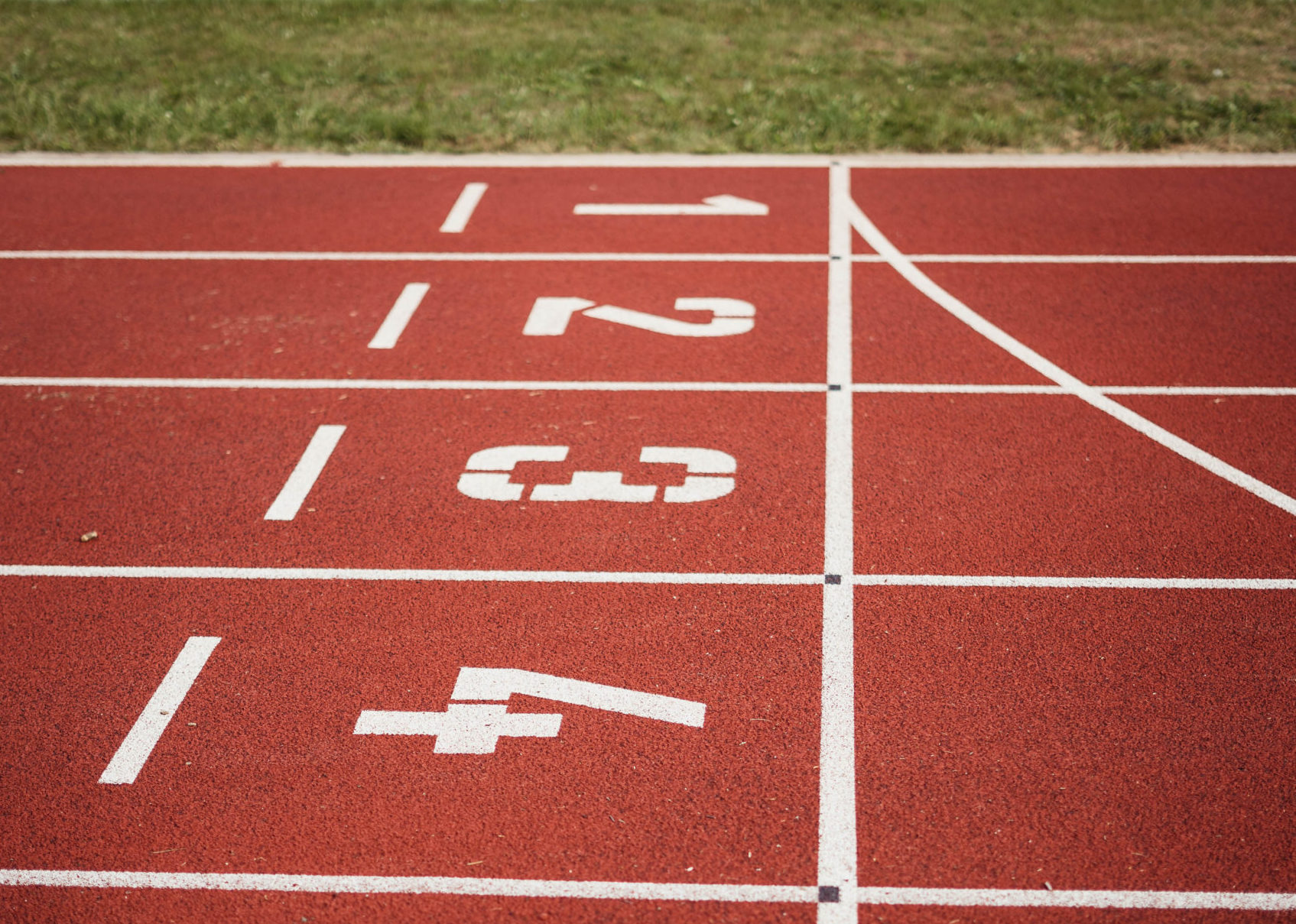Athlete Ally & Chris Mosier Respond to NCAA New Trans Inclusion Policy

January 20, 2022 (New York, NY) — Today, Athlete Ally responded to news that late last night, the NCAA suddenly announced sweeping changes to its trans inclusion guidelines, which had been in place for over a decade and were developed through extensive stakeholder consultation. The announcement comes on the heels of the worst legislative session in the history of this country for LGBTQI+ people, especially trans youth and trans athletes.
The announcement states the NCAA will align with the newest guidelines for transgender participation as outlined by the U.S. and International Olympic Committees (IOC) and follow a sport-by-sport model. The NCAA release points to the groundbreaking IOC guidelines, however the proposed policy deviates significantly from them by including no safeguards against harmful, invasive procedures or treatment (such as mandatory surgeries or visual inspections of athletes’ genitalia); no mention how to work with NGBs to recognize and prevent harm; continuing to place the burden on college-aged athletes to prove they do not have unfair advantages simply because of who they are; not complying with the World Professional Association for Transgender Health’s most recent Standards of Care; and indicating no direct stakeholder engagement from transgender and nonbinary athletes themselves.
“It is clear this policy is a direct response to pressure surrounding a current athlete competing in the NCAA,” said activist Chris Mosier, Founder of Transathlete.com, two-time National Champion and seven-time Team USA multisport athlete. “It is disappointing to me that after years of discussions and calls for more research, a new policy could be quickly assembled under pressure from people who don’t want to see a great athlete who is transgender succeed.”
In recent weeks, University of Pennsylvania swimmer Lia Thomas has garnered significant attention in conservative leaning media outlets, and the NCAA has faced a barrage of public and private pressure, much of which has been steeped in hateful rhetoric. Thomas, a trans woman, has followed the NCAA’s 2011 guidelines on trans athlete participation – including testosterone suppression – for over two years under the guidance of both University of Pennsylvania and the Ivy League (the NCAA conference overseeing University of Pennsylvania’s athletic policies). Thomas is simply an athlete who loves her sport, trains hard, and followed all requirements to participate in swimming; Still, she has been the focus of violent and abusive rhetoric.
“In the past ten years, the NCAA has met numerous times to discuss updates to the policy and somehow, overnight the policy has changed. The NCAA has let pressure undermine process, and right now we have more questions than answers,” said Anne Lieberman, Director of Policy & Programs for Athlete Ally. “Despite President Emmert’s statement that approximately 80% of U.S. Olympians are current or former college athletes, 98% of NCAA athletes do not make it to the Olympic level (see footnote 1). If the NCAA is serious about balancing fairness and inclusion, the latest guidelines on trans inclusion should consider all of the athletes who participate within the NCAA, not just those who might potentially become Olympians. What works on an Olympic level does not automatically translate to college athletics; particularly, applying aspects of the IOC guidelines while omitting critical focuses on inclusion and non-discrimination is especially problematic.”
The rushed timeline and its implications are deeply concerning, and the full impact of the NCAA’s policy is unclear. What is clear, however, is that while many NGBs are currently working on updating their guidelines for participation, transgender and nonbinary athletes will be sidelined from their sports as policies are developed starting as soon as the upcoming winter NCAA championships; subjected to invasive, painful and unnecessary medical procedures; and burdened with the obligation of proving they have no inherent advantage instead of being viewed as human beings who have no desire to compete unfairly, only to participate in the sport they dedicate their lives to.
1 – In the 2020-2021 academic year, there were 504,619 athletes competing in NCAA-sponsored or emerging sports in Divisions I, II, and III. According to a press release by the NCAA, at the 2020 summer Olympic games (held in 2021), just over 1,000 current and former athletes competed (NCAA, 2021).